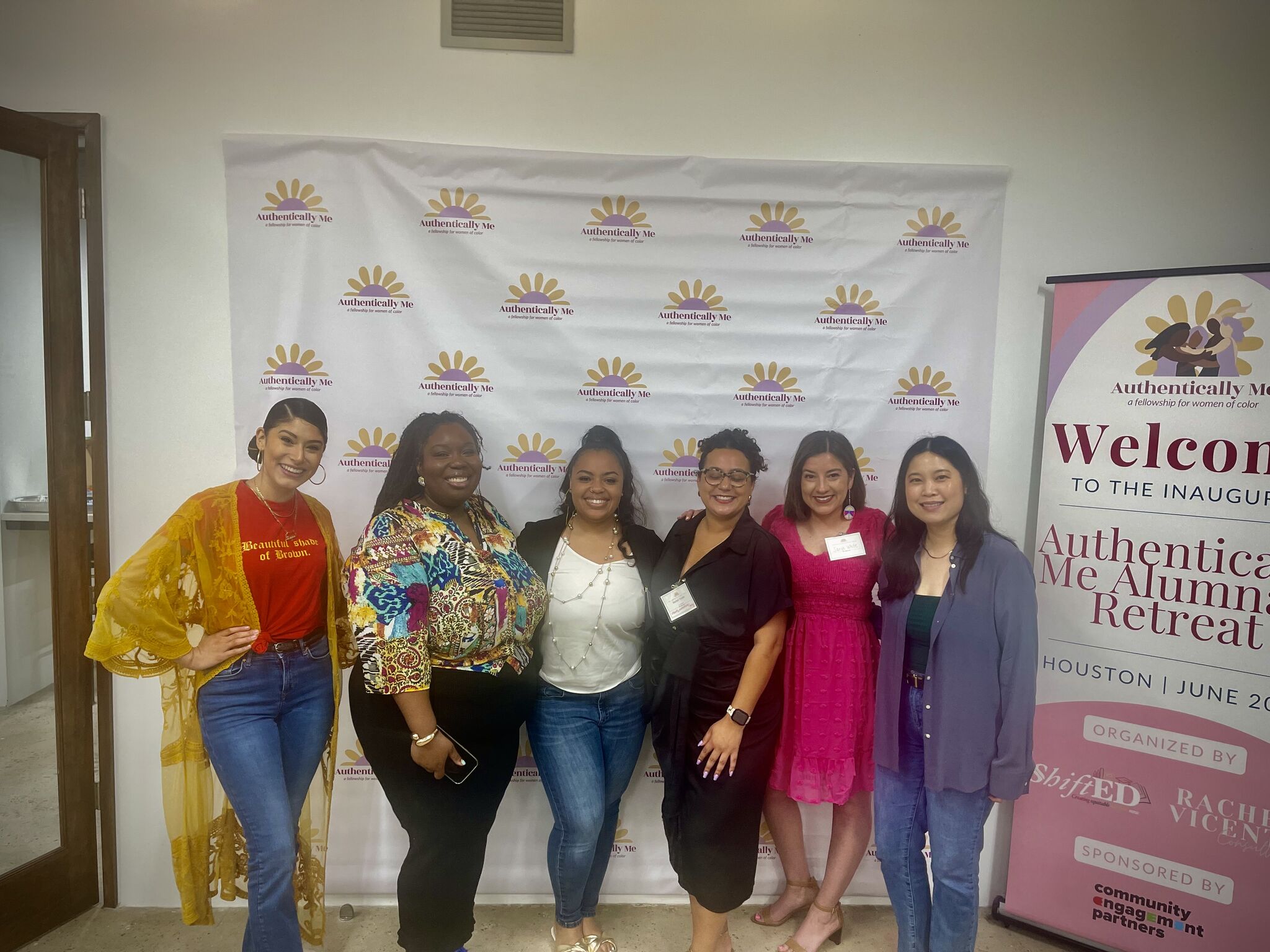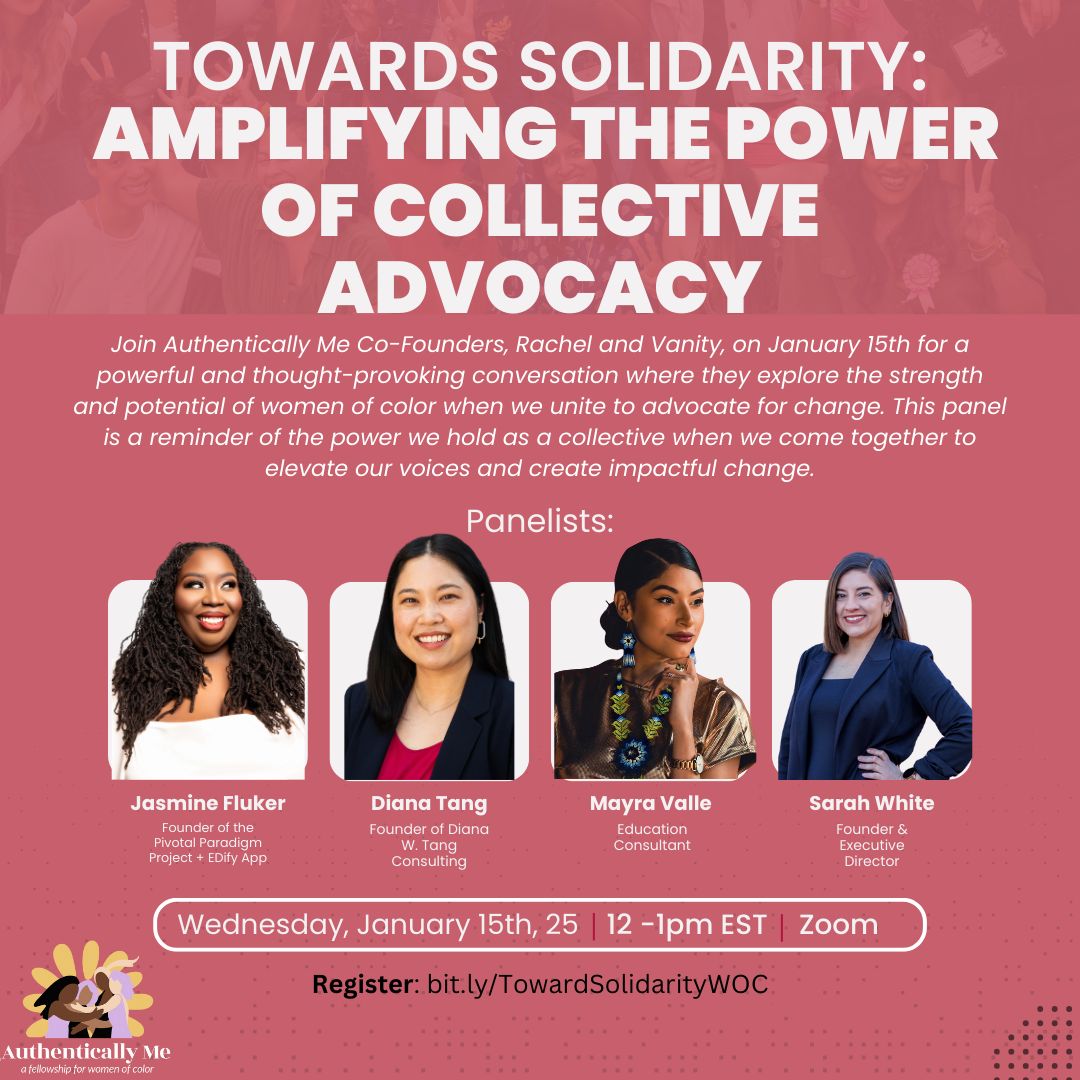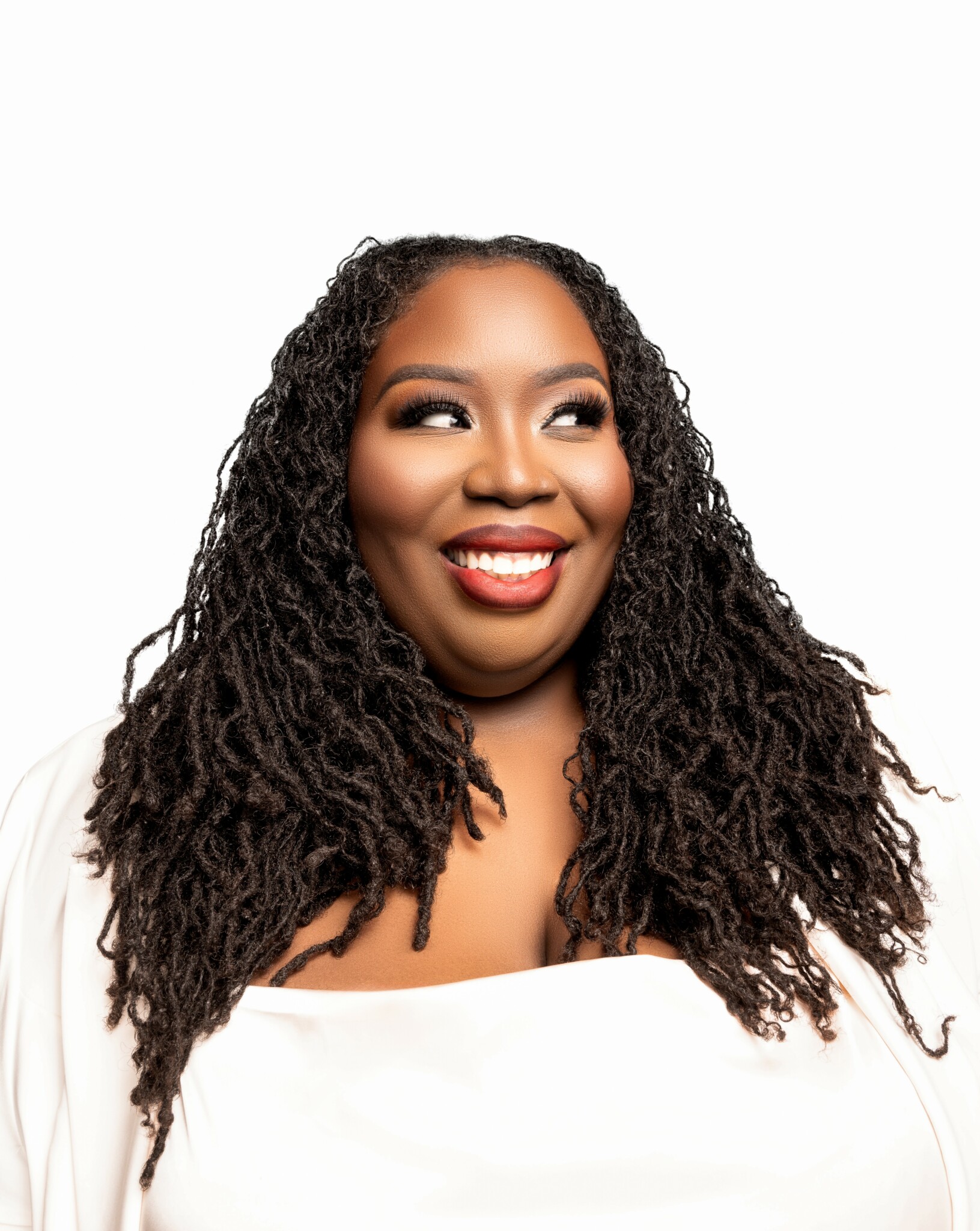We caught up with the brilliant and insightful Jasmine Fluker a few weeks ago and have shared our conversation below.
Jasmine, appreciate you joining us today. One of the things we most admire about small businesses is their ability to diverge from the corporate/industry standard. Is there something that you or your brand do that differs from the industry standard? We’d love to hear about it as well as any stories you might have that illustrate how or why this difference matters.
One thing I love about my brand, Pivotal Paradigm Project, is how we completely shift the standard approach to equity consulting. A lot of DEI firms stick to compliance, trainings, or policy work, but I weave narrative building, brand strategy, and cultural influence into the mix. Because at the end of the day, how we tell our stories dictates who gets included, uplifted, or erased.
Why This Matters
So many organizations struggle with making their equity work feel authentic and sustainable. It’s easy to throw out buzzwords, but real change happens when you embed equity into the brand, leadership philosophy, and daily operations—not just as a checkbox exercise. My approach is about culture-making, not just compliance.
A Story That Illustrates This
A while back, I worked with an organization that wanted to improve its internal culture but was stuck in corporate jargon and vague diversity commitments. Instead of the usual DEI workshops, I led them through a storytelling-centered process, helping their leadership unpack how their personal narratives and cultural biases shaped their decision-making. That shift led to real action: they redefined success metrics, made their hiring process more holistic, and rewrote their messaging to truly resonate with their community. No fluff, just impact.
And beyond consulting, I bring this same approach to my own platforms, like The Equity Edit newsletter and my Peeling Back Perfect podcast. These spaces let me take the conversation beyond corporate boardrooms and into real life—making these conversations relatable, digestible, and action-driven.
I’m all about reimagining the intersection of equity, culture, and influence because disrupting industry norms is how we push things forward.
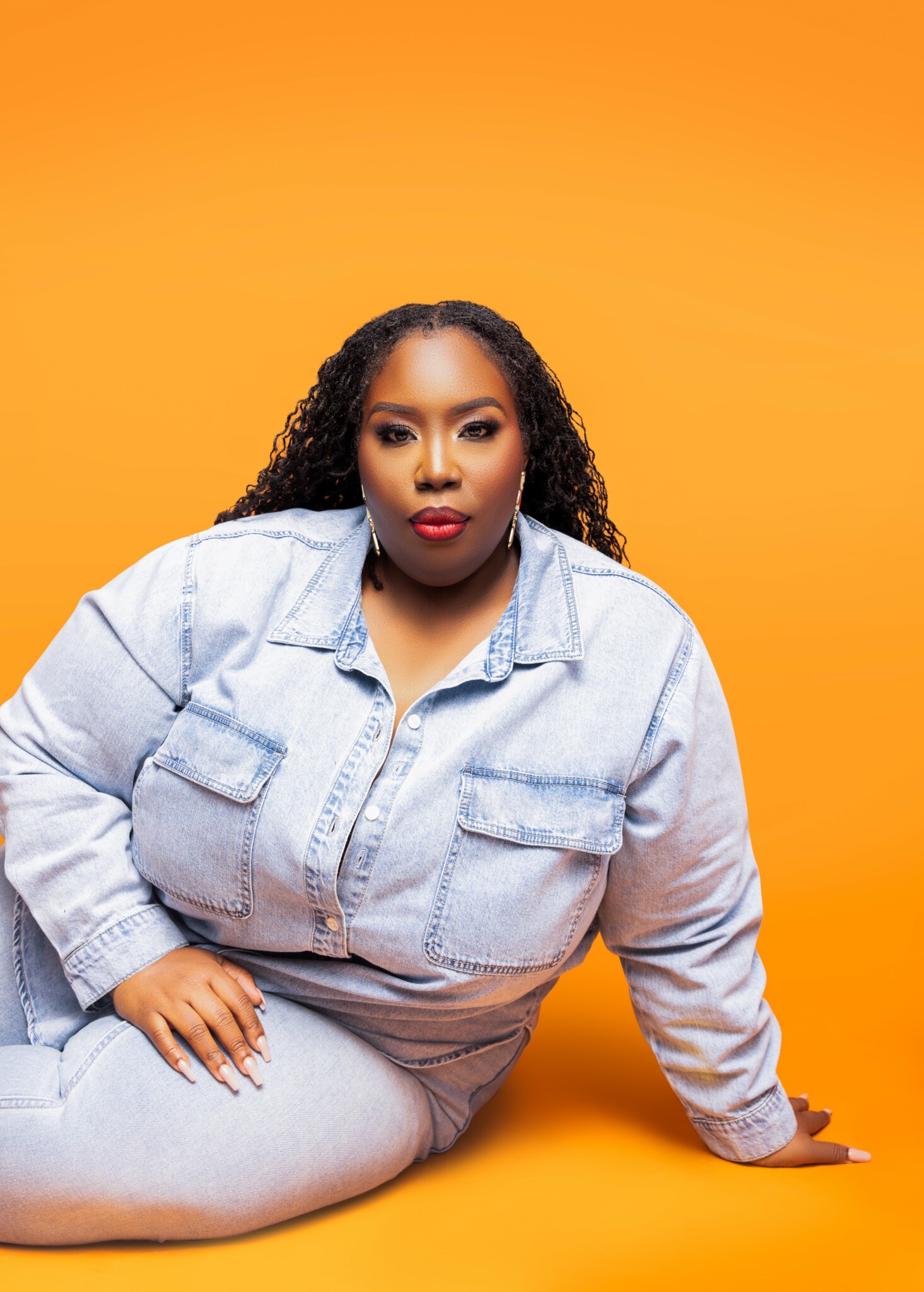

Jasmine, before we move on to more of these sorts of questions, can you take some time to bring our readers up to speed on you and what you do?
I’m Jasmine Fluker, a multi-hyphenate storyteller, brand strategist, and culture architect who moves at the intersection of equity, narrative building, and influence. My work spans consulting, media, and creative strategy, and at its core, I help people and organizations tell better, truer, and more impactful stories—whether that’s in their brand messaging, leadership approach, or the way they engage with communities.
My journey has always been about blending structure with storytelling. I started in education, leading transformational initiatives in leadership, diversity, and organizational strategy. But over time, I realized that real change doesn’t happen just through policies or programs—it happens in the way we shape narratives, control our stories, and influence culture. That realization led me to found Pivotal Paradigm Project, an equity-focused consulting firm that takes a storytelling-first approach to systems change.
As I transitioned into brand strategy and PR, I recognized that the same issues of representation, influence, and access that show up in education exist in media, business, and creative industries. Now, my work spans consulting, digital strategy, public relations, and thought leadership development—helping brands and individuals sharpen their voice, amplify their impact, and own their stories.
I offer services in three key areas. First, through equity and strategy consulting, I help organizations move beyond surface-level DEI work by embedding equity into their brand, culture, and leadership strategies. Second, through brand and narrative strategy, I work with brands, thought leaders, and creatives to refine their messaging, develop impactful campaigns, and build influence in their industries. Third, through content and media, including my newsletter The Equity Edit and my upcoming podcast Peeling Back Perfect, I create content that challenges norms, sparks conversation, and builds community.
Too often, people and brands struggle with inauthentic messaging, outdated structures, and surface-level approaches to equity and engagement. My work helps them tell stories that feel real and resonate deeply, build brands and leadership identities that reflect their values, move from performative DEI work to actual culture shifts, and develop content that is both insightful and influential.
I don’t do “one-size-fits-all” consulting. My approach is deeply personal, holistic, and built on lived experience, cultural intelligence, and strategic expertise. Whether I’m working with a corporate team, a nonprofit, or a rising thought leader, my focus is on helping them create real, lasting impact—not just checking boxes. I also refuse to separate equity from creativity. In a world where influence drives change, I help my clients merge their work with cultural relevance, brand power, and strategic storytelling because the right story, told the right way, can shift entire systems.
I’m proud of the fact that I’ve built a career on my own terms—one that allows me to show up fully, tell necessary stories, and create space for others to do the same. Whether it’s through consulting, speaking engagements, or content creation, I’m always working to push the conversation forward.
If you’re looking for cookie-cutter strategies or performative engagement, I’m not the person for you. But if you’re ready to reimagine how you show up, tell your story, and lead with impact, let’s work. I believe in disrupting norms, amplifying voices, and creating space for the kind of conversations that actually change things. That’s the work.
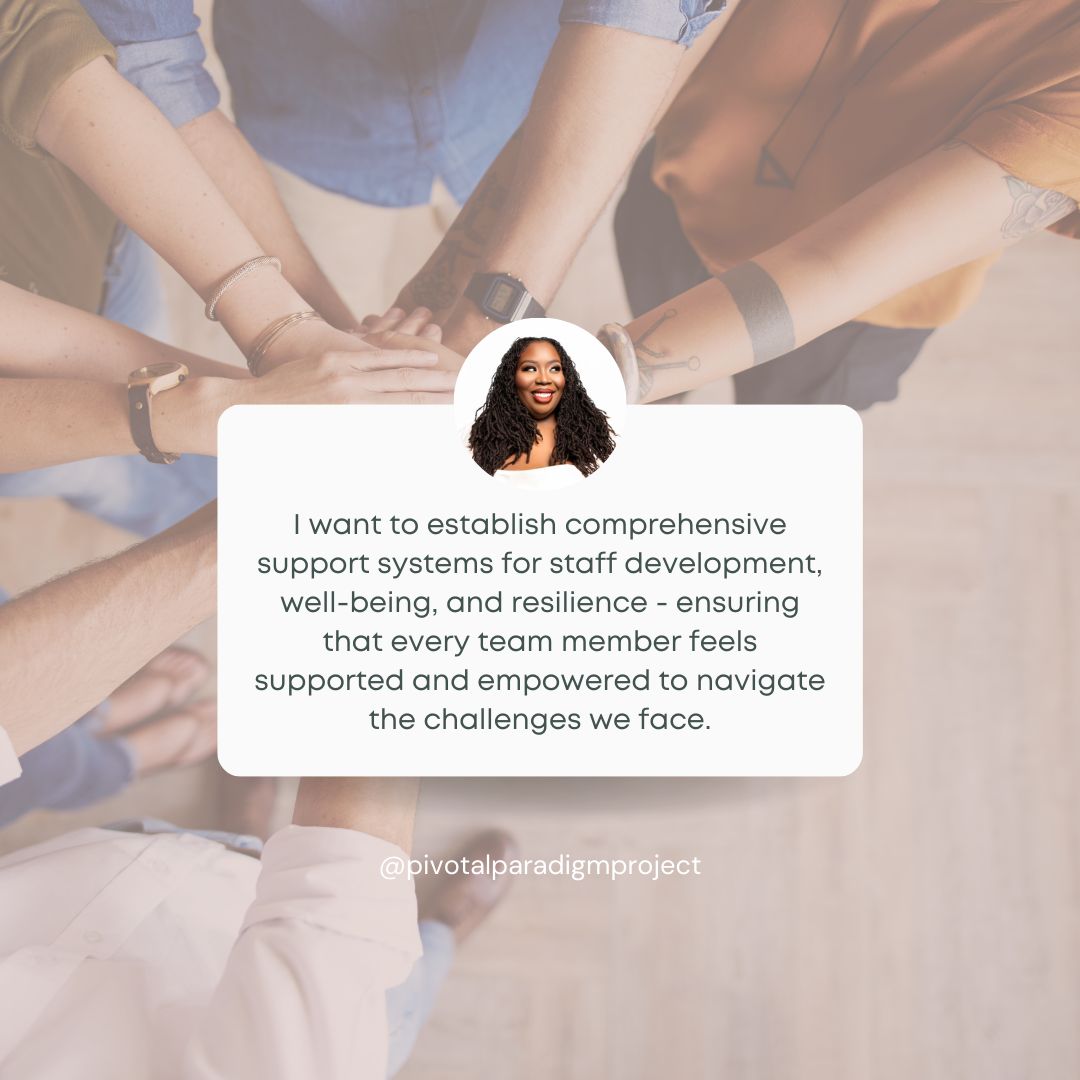
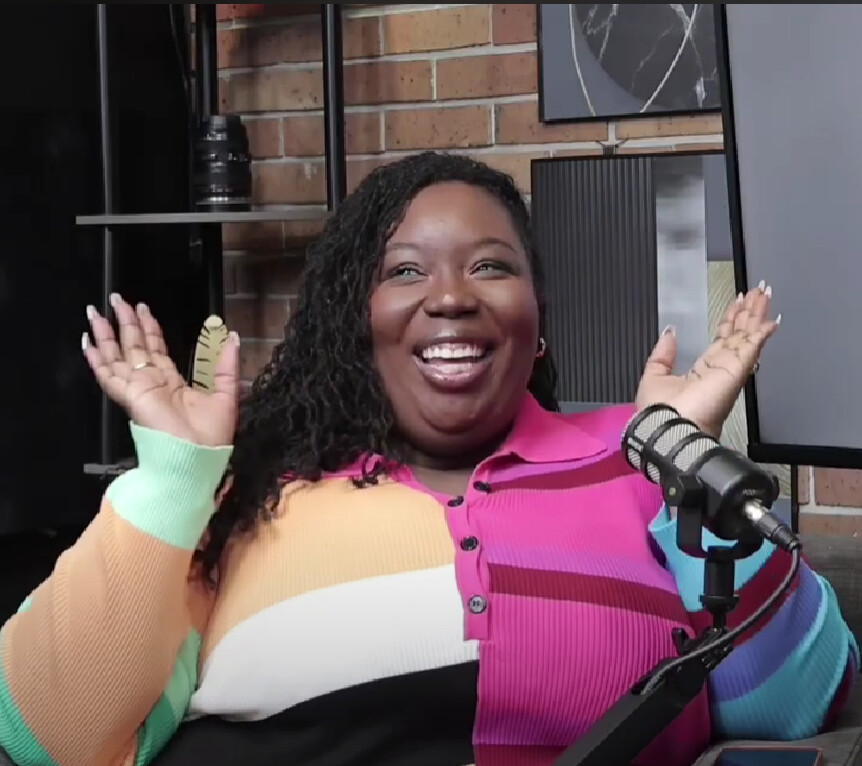
We’d love to hear the story of how you built up your social media audience?
Building my audience on social media has been a journey rooted in authenticity, consistency, and a willingness to show up as myself. It started with me sharing insights and reflections on topics I genuinely care about—like equity, leadership, culture, and storytelling—across different platforms. I leaned into my unique perspective, blending personal experiences with industry insights, and focused on creating content that felt real and relatable.
I’ve always believed that social media isn’t just about broadcasting; it’s about connection. So, I prioritized engaging with my audience—responding to comments, sparking conversations, and making sure I was as present and involved as possible. I treated my platforms as a space to learn and teach, to inspire and be inspired.
One of the pivotal moments in growing my audience was embracing vulnerability. I shared my highs and lows, wins and missteps, and I was open about the messy parts of being a multi-hyphenate trying to make an impact. That authenticity resonated with people, because it made me more relatable.
I also leveraged my skills in storytelling to make my content more compelling. I made sure my posts had a clear narrative arc, whether I was talking about a personal experience, sharing a lesson, or highlighting a broader societal issue. And I paid attention to visuals, tone, and timing—understanding that content is not just about what you say, but how you say it and when.
Over time, I realized that it was important to be intentional about my presence across platforms. I leaned into what worked best for me and my audience, whether that was creating short-form videos, long-form posts, or mixing things up with visual storytelling. I learned to embrace each platform’s strengths while staying true to my own voice.
For those just starting to build a social media presence, my advice is to focus on three things: authenticity, consistency, and connection. Be yourself, and don’t be afraid to show up as a real person with real experiences and opinions. Find a rhythm that works for you and post regularly, even if you start small. And make sure you’re connecting with others—engage, comment, and build relationships, rather than just pushing out content.
Finally, be patient. Growth takes time, and it’s more important to build an engaged, loyal community than to chase numbers. Stay true to your message, stay consistent, and keep showing up, even when it feels like nobody’s watching. Because eventually, your people will find you, and the impact you’re making will speak for itself.
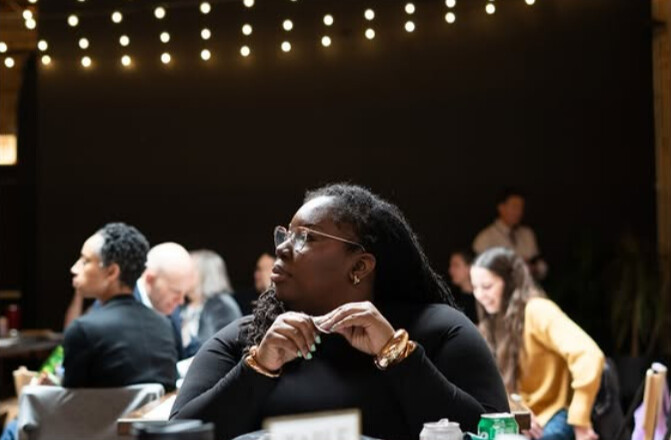
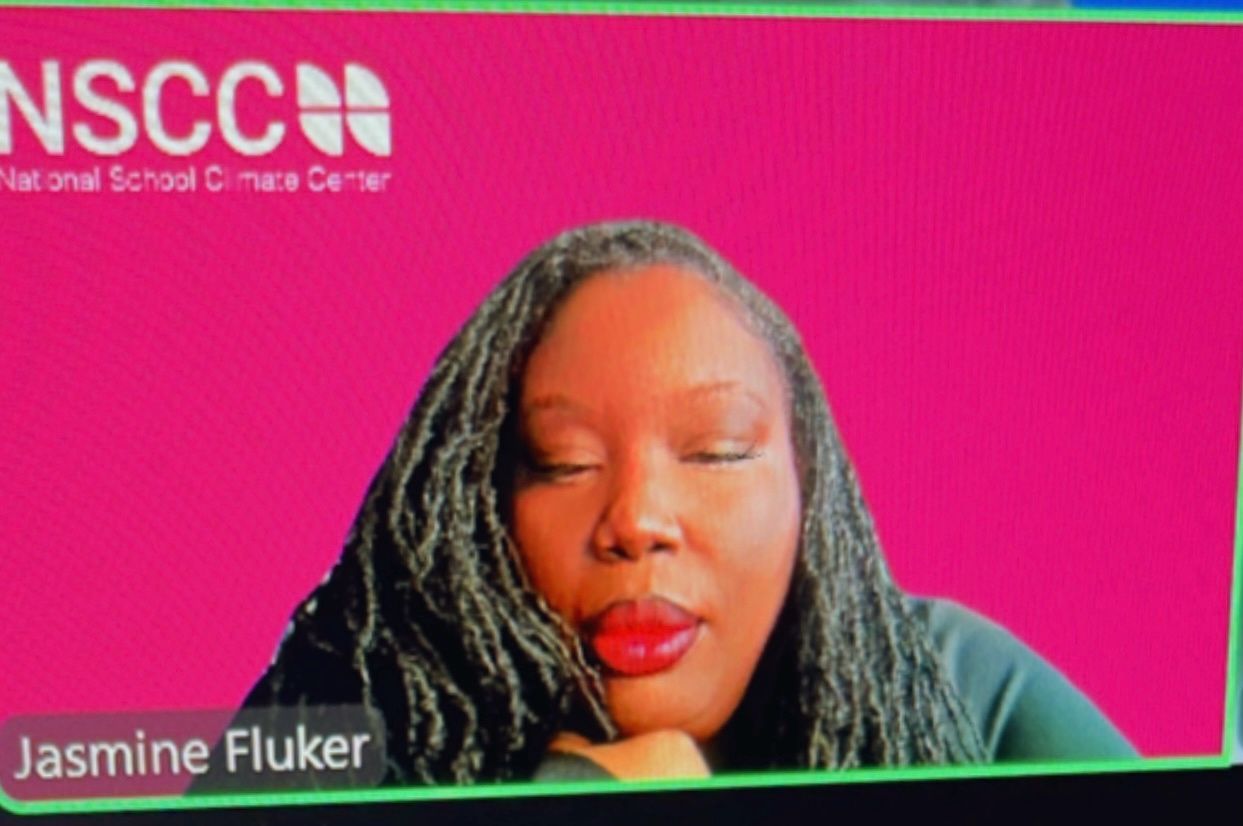
How’d you build such a strong reputation within your market?
Building my reputation within my market has been a mix of expertise, storytelling, consistency, and authenticity. I didn’t just step into spaces—I brought something unique to the table, and I stayed committed to delivering value in ways that felt real and impactful.
A big part of what shaped my approach to work and leadership started with my upbringing in Mobile, Alabama. Growing up in the South, I learned early on about the power of community, resilience, and the importance of carving out spaces where voices that often go unheard can be amplified. My family emphasized education, storytelling, and advocacy in ways that weren’t just theoretical—they were lived experiences. I watched my mother and grandmother navigate systems that weren’t built for them, and that shaped my understanding of what it means to create change from the inside out.
When I started my career, I saw firsthand how systems fail people, especially those from historically marginalized communities. Instead of just accepting things as they were, I leaned into the idea that storytelling—how we frame our experiences, how we challenge narratives, how we reclaim our own histories—is one of the most powerful tools for shifting culture and driving impact. That understanding became the foundation of my work.
One of the biggest things that helped build my reputation was my ability to bridge gaps between equity, leadership, and brand strategy. A lot of people focus on just one of these areas, but I recognized early on that the way we tell stories, lead teams, and engage with culture are all connected. By blending these disciplines, I carved out a niche that allowed me to work across industries while staying true to my core values.
Another key factor was showing up consistently. Whether it was speaking engagements, social media content, my newsletters, or consulting work, I made sure that every space I stepped into reflected my commitment to equity, narrative building, and systems change. I wasn’t just showing up when it was trendy—I was doing the work before people were paying attention, and that built credibility over time.
I also focused on relationship-building in a real way. I didn’t just network for the sake of it—I built meaningful connections with people across industries, engaged in deep conversations, and created opportunities for collaboration. I made sure that the people who worked with me felt the impact of my approach, which led to strong word-of-mouth recommendations and trust.
Being a strong storyteller also played a huge role. I understood that people connect with narratives, not just data or expertise. Whether I was consulting, giving a talk, or writing content, I always centered storytelling in a way that made complex topics feel accessible and compelling. That helped me stand out in a crowded market where a lot of messaging can feel performative or disconnected from real-world impact.
Finally, I stayed authentic. I never tried to fit into a mold or water down my voice to be more “marketable.” I spoke up about issues that mattered, brought my full self to my work, and wasn’t afraid to challenge norms. That transparency and boldness helped me attract the right people—clients, collaborators, and audiences who resonated with my perspective and approach.
At the end of the day, reputation isn’t built overnight. It comes from doing the work, telling the truth, and showing up with purpose—over and over again. My upbringing taught me that consistency, integrity, and community matter more than just visibility. That’s the approach I’ve taken into every space I enter, and that’s what has allowed me to build something meaningful.
Contact Info:
- Website: https://www.pivotalparadigmproject.org
- Instagram: https://www.instagram.com/curatedbyj_/
- Linkedin: https://www.linkedin.com/in/jasminefluker/
- Twitter: https://x.com/CuratedbyJ_
- Other: https://www.jasminefluker.com
